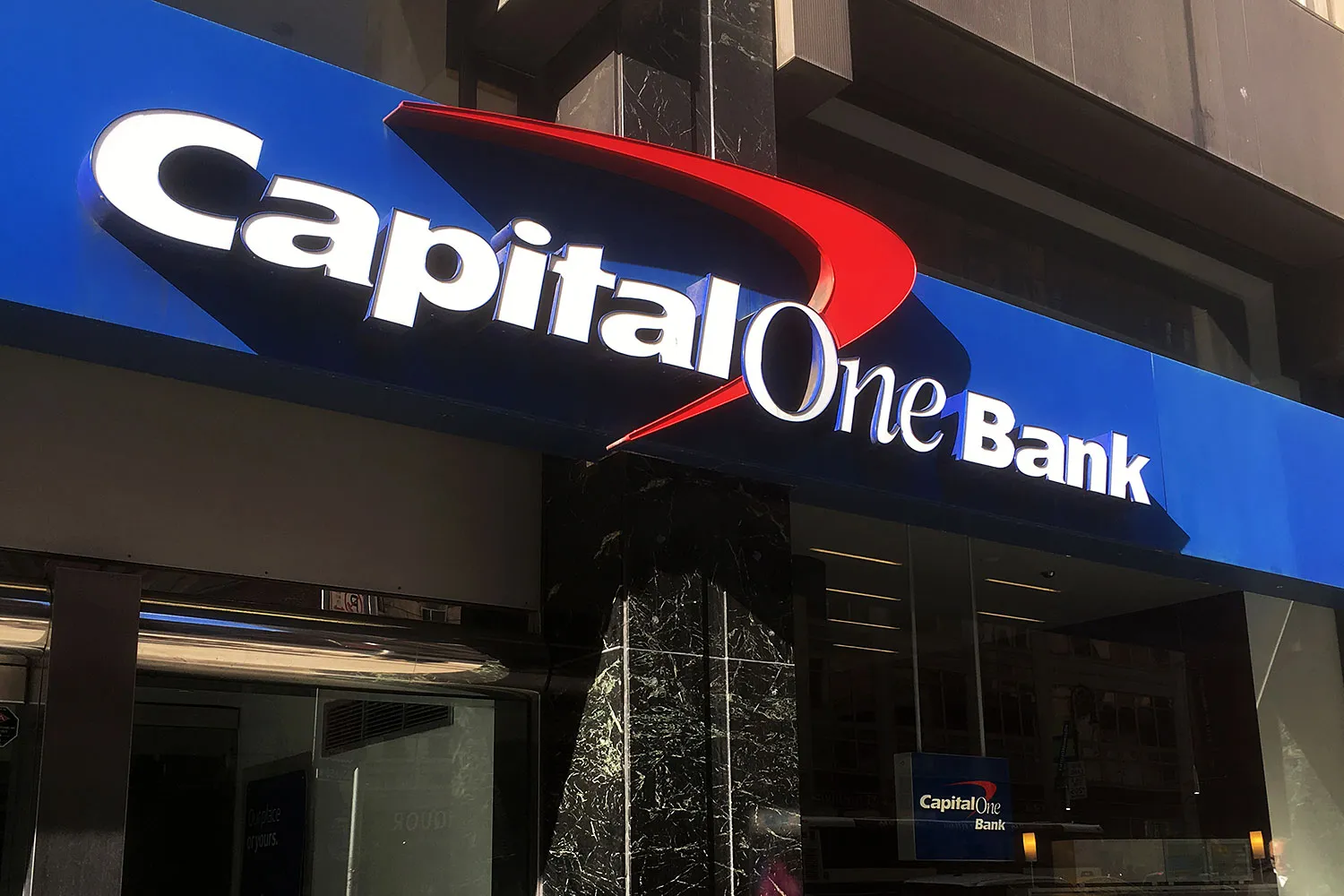|
Getting your Trinity Audio player ready...
|
In a move that could reshape the American credit card landscape, Capital One Financial has announced its intention to acquire Discover Financial Services for a whopping $35 billion. This deal, if approved, would merge two of the nation’s largest credit card companies, potentially challenging the dominance of Visa and Mastercard.
What Does This Mean for Consumers?
The acquisition raises several questions for consumers:
- Increased Consolidation: With fewer players in the market, could competition decrease, leading to higher fees and interest rates?
- Impact on Credit Card Rewards: Will existing rewards programs change or be combined?
- Choice and Innovation: Will consumers have fewer options or benefit from a more streamlined experience?
Under the terms of the deal, Discover shareholders will receive Capital One shares valued at nearly $140, a significant premium over the current market price. This all-stock transaction highlights Capital One’s confidence in the combined entity’s potential.
Beyond Credit Cards:
The deal also grants Capital One access to Discover‘s payment processing network, potentially challenging the Visa-Mastercard duopoly. This could benefit merchants by offering lower transaction fees and consumers by potentially increasing competition for better rewards.
Regulatory Hurdles:
However, the path to completion is not without obstacles. Regulators might scrutinize the deal due to concerns about anti-trust violations and potential harm to consumers. Additionally, Discover has faced recent regulatory scrutiny for card product misclassification and customer compliance issues, which could complicate the approval process.
Consumer Advocacy Concerns:
Consumer advocacy groups are already voicing concerns about the deal, highlighting the potential for reduced competition and urging regulators to prioritize consumer interests.
Also Read: The Bank Can’t Print Jobs: Can Canada’s Policymakers Navigate the Economic Crossroads?
The Future of Credit Cards:
The Capital One-Discover merger is a significant development in the US credit card industry. While the long-term implications remain uncertain, it’s clear that the landscape is undergoing a major shift. Consumers should stay informed and monitor developments to understand how this deal might impact their credit card experience.
I’m your translator between the financial Old World and the new frontier of crypto. After a career demystifying economics and markets, I enjoy elucidating crypto – from investment risks to earth-shaking potential. Let’s explore!




